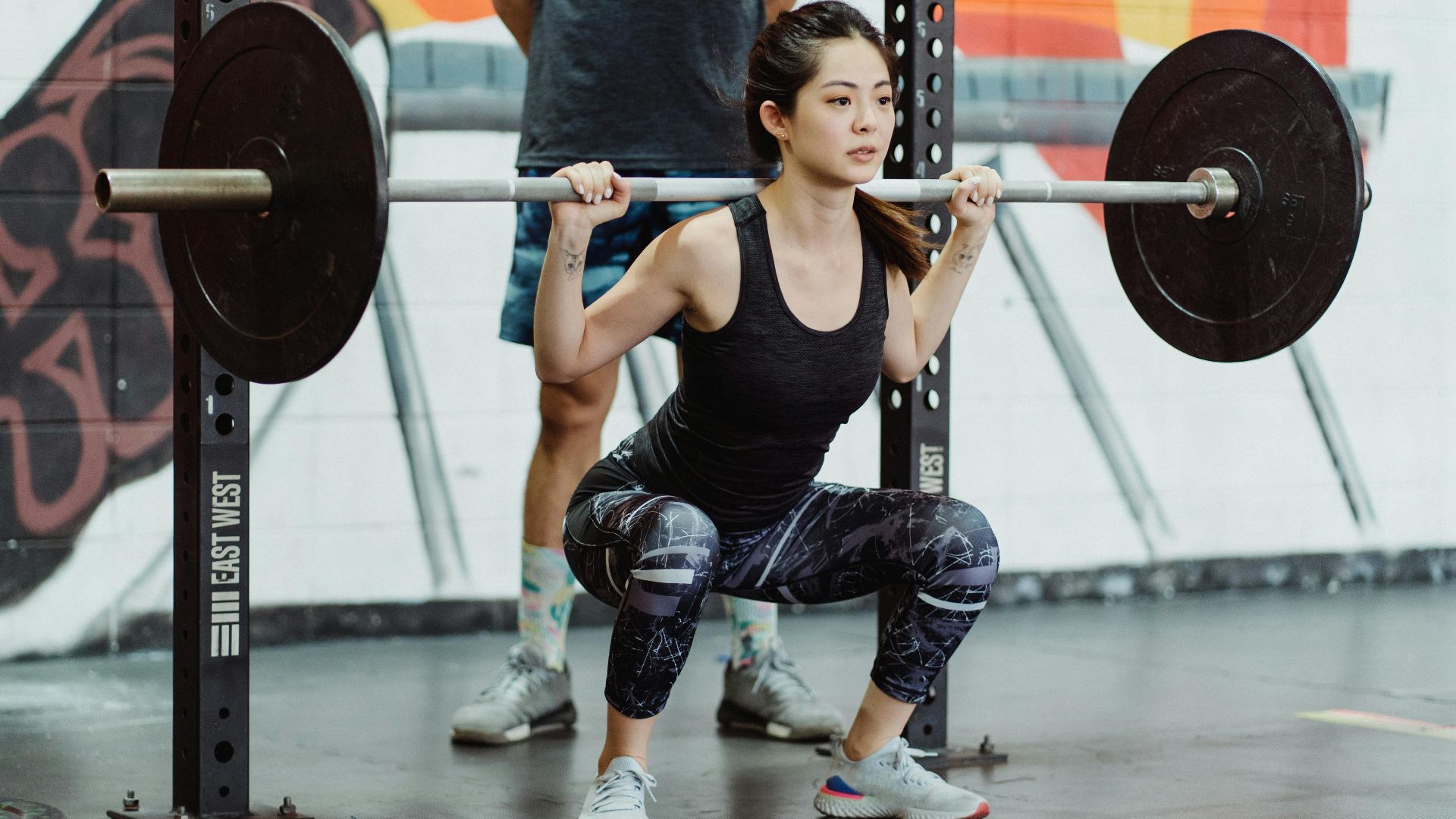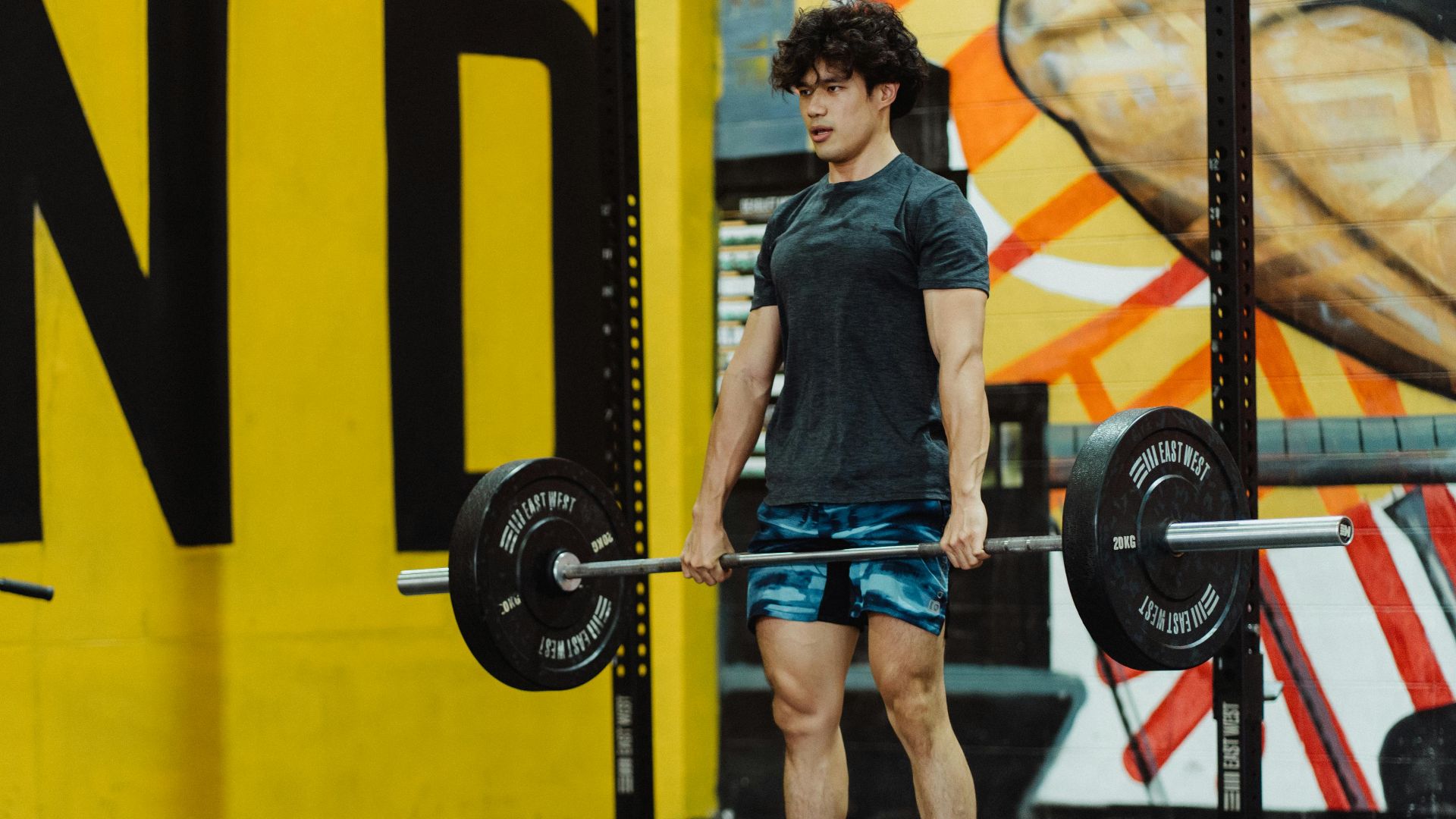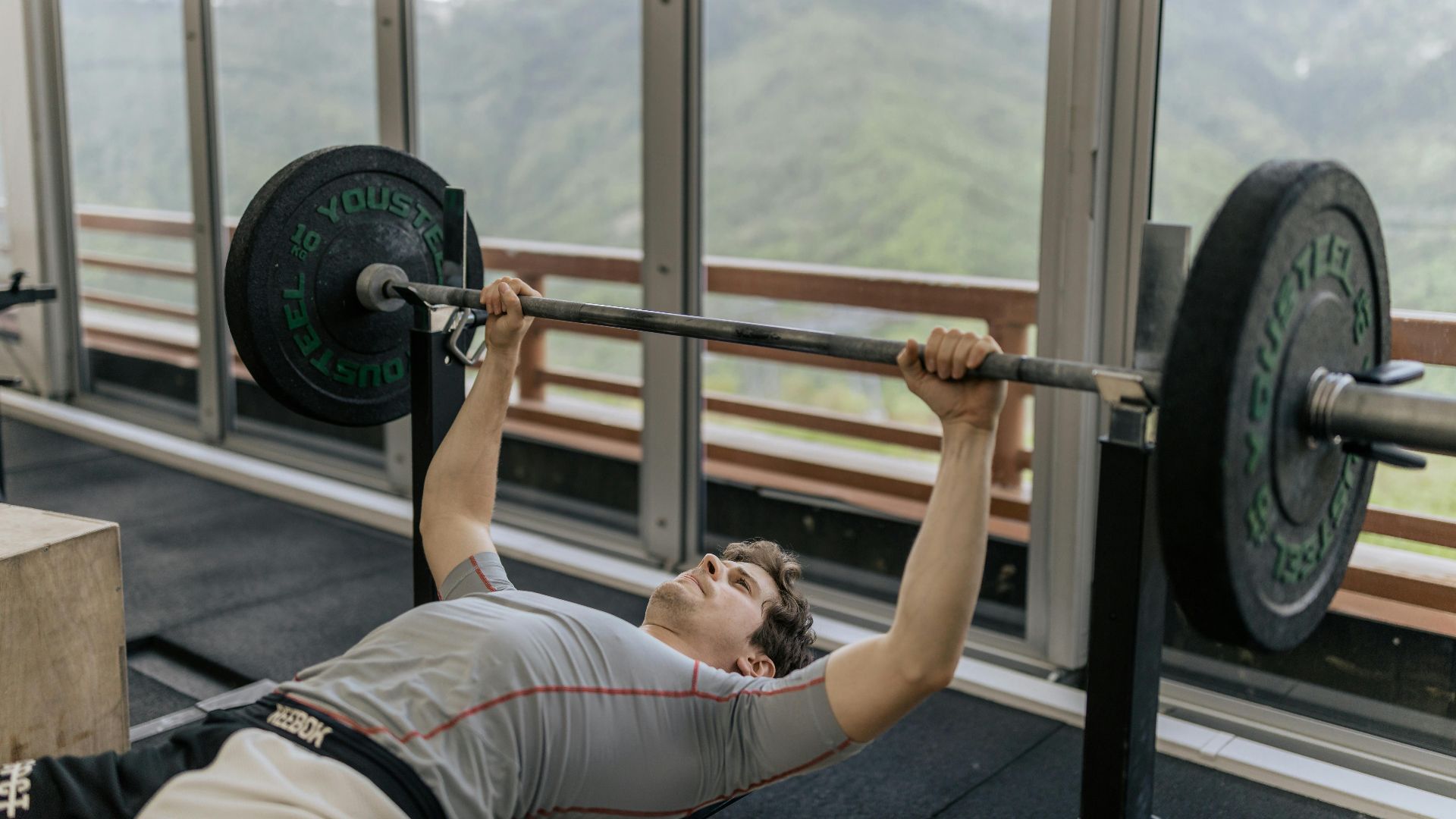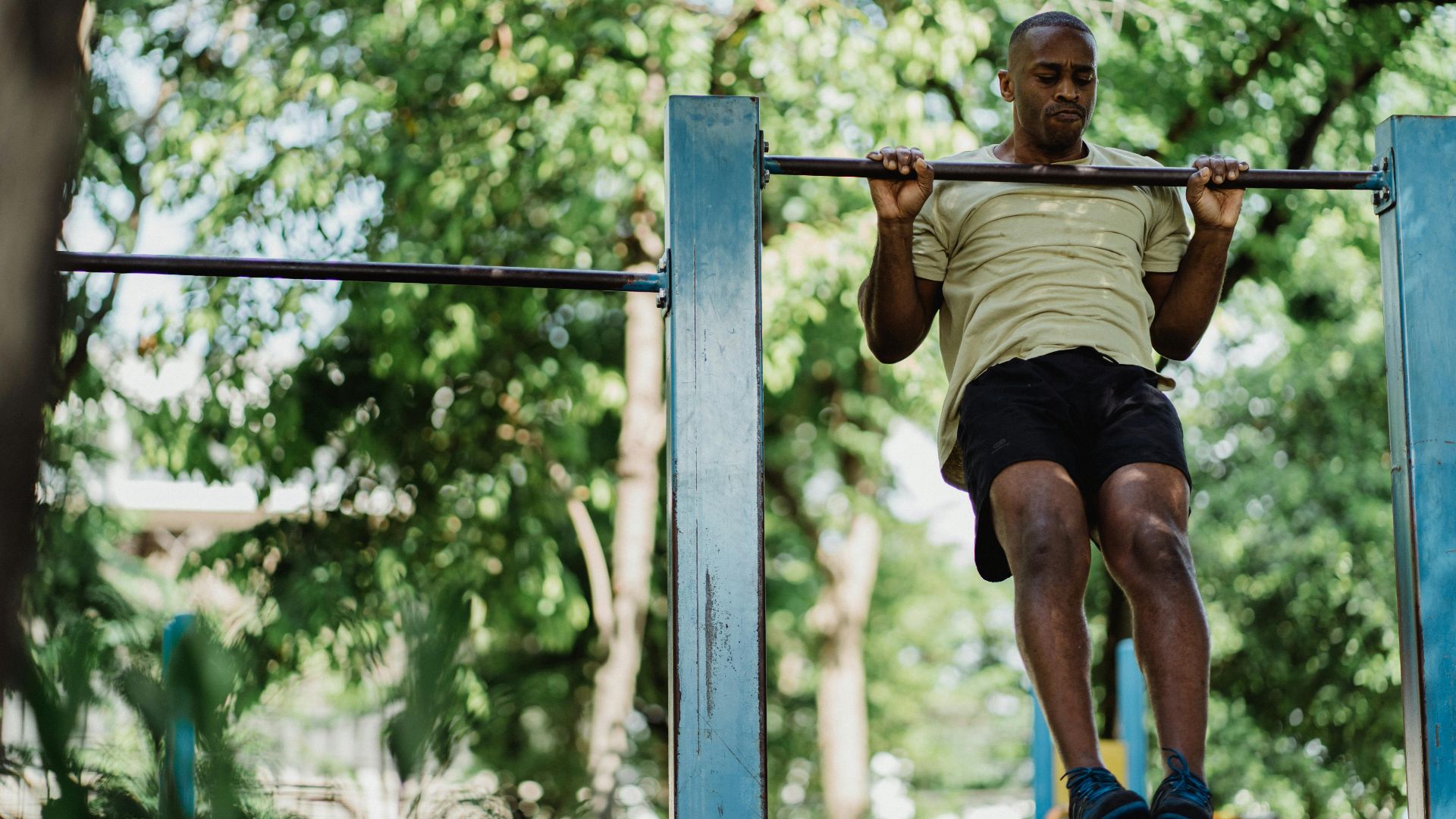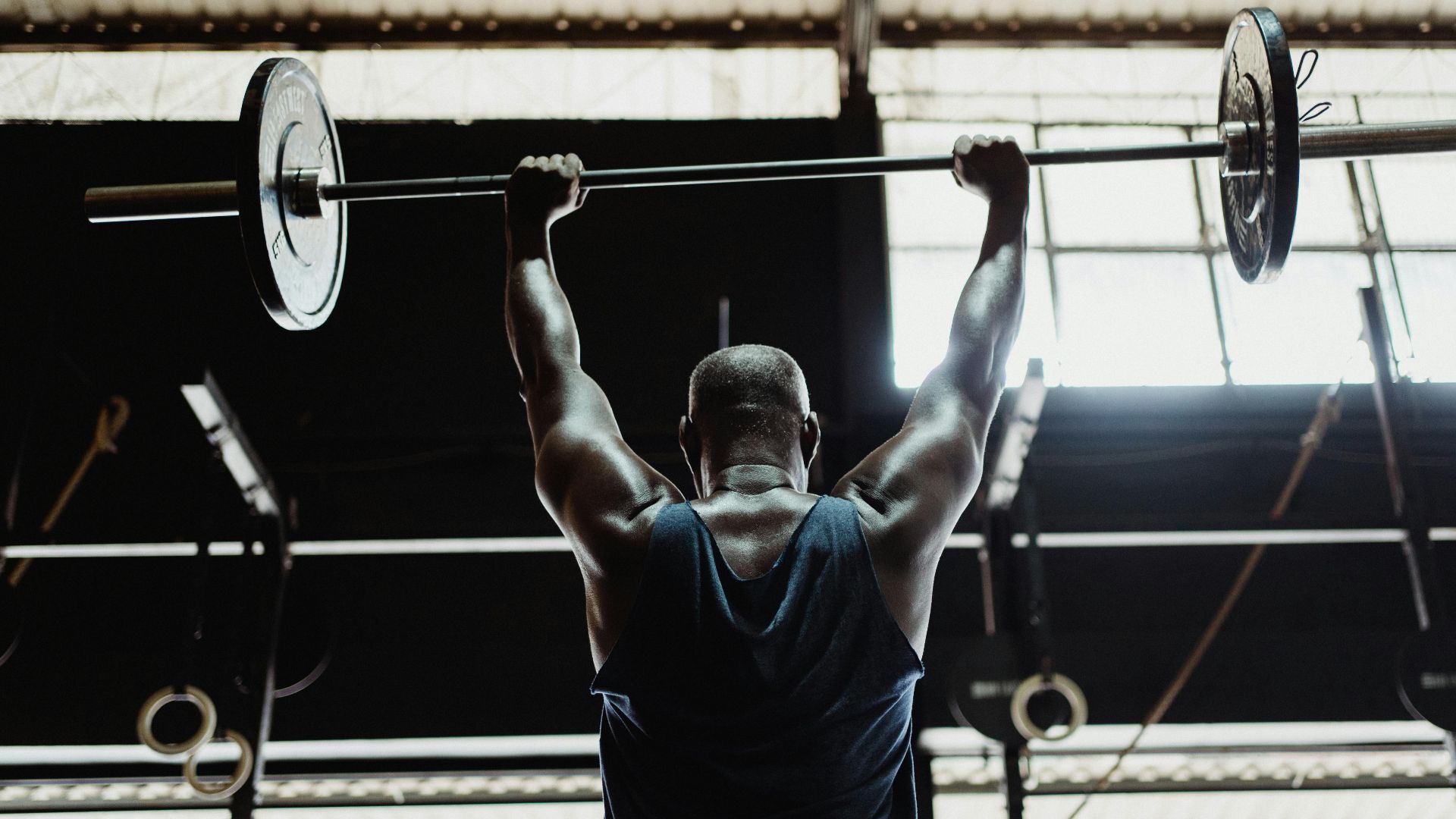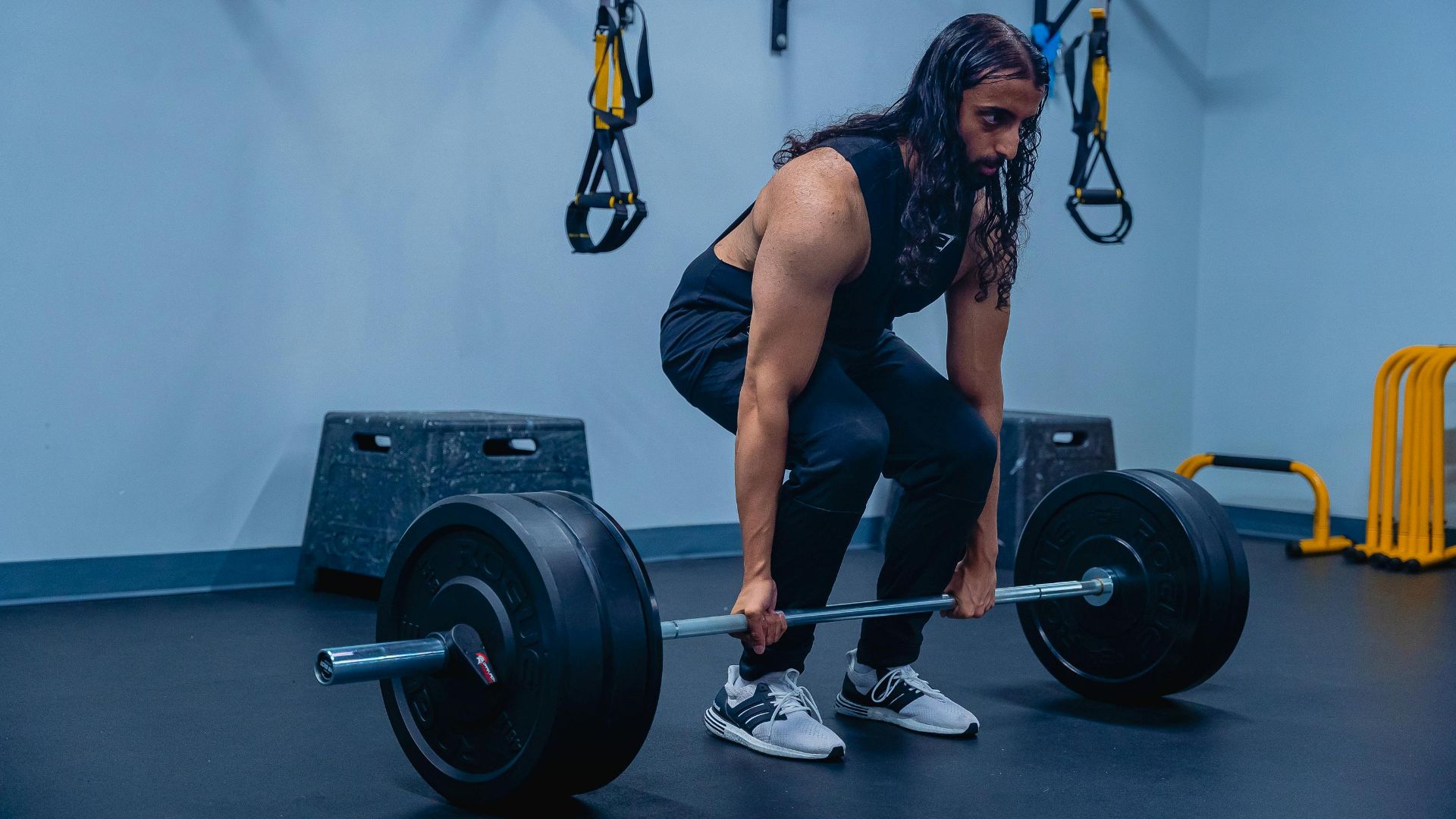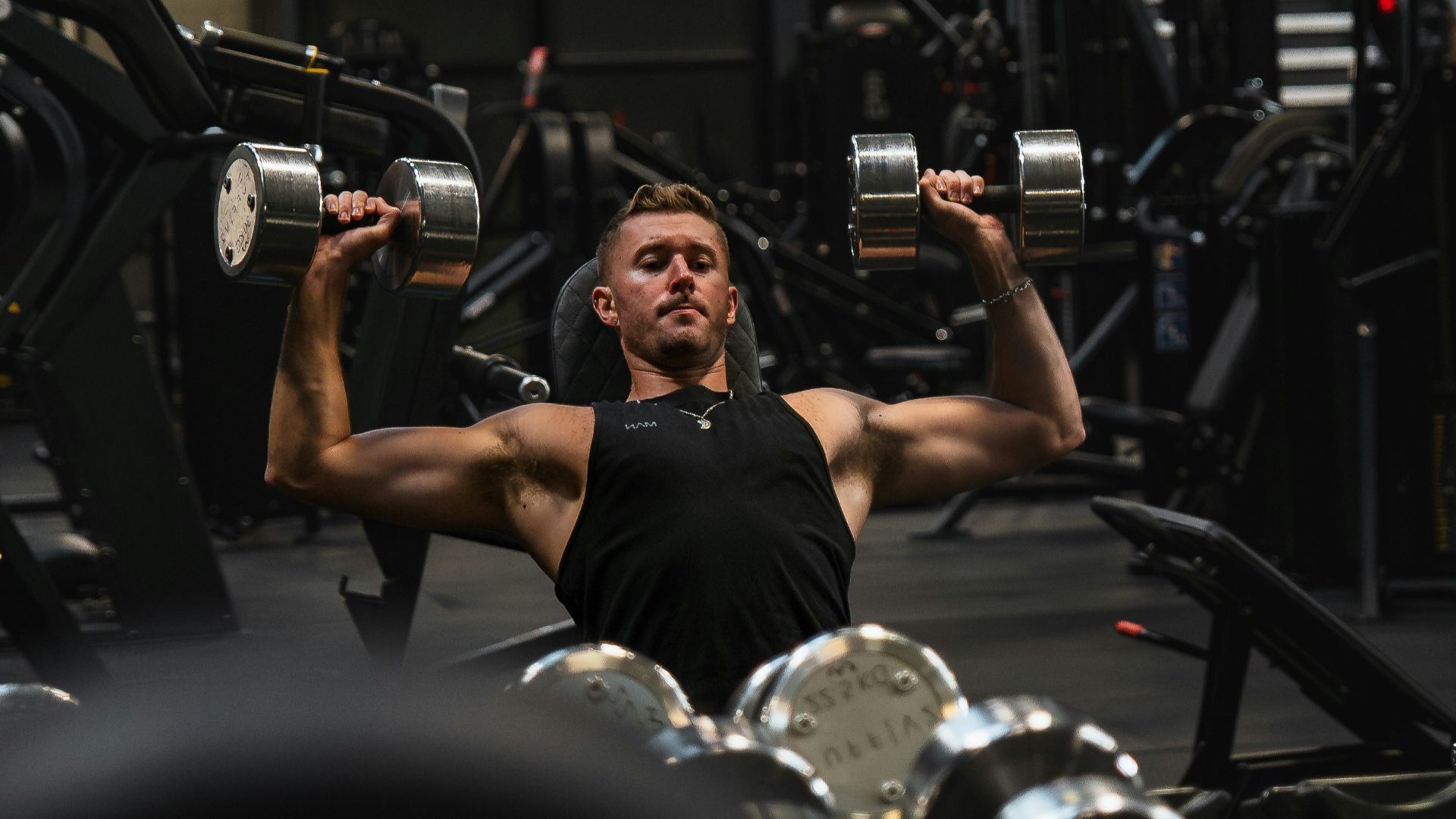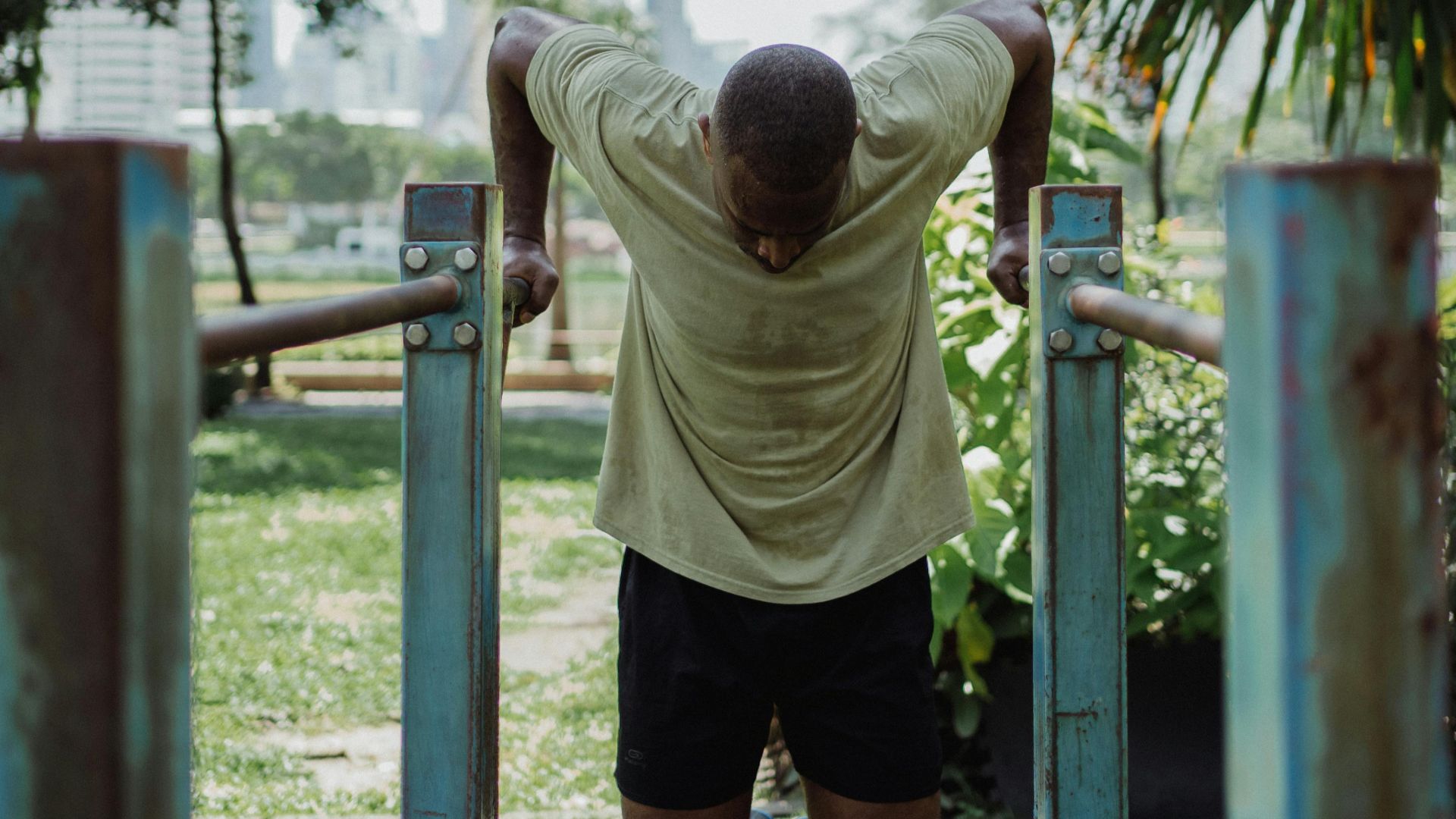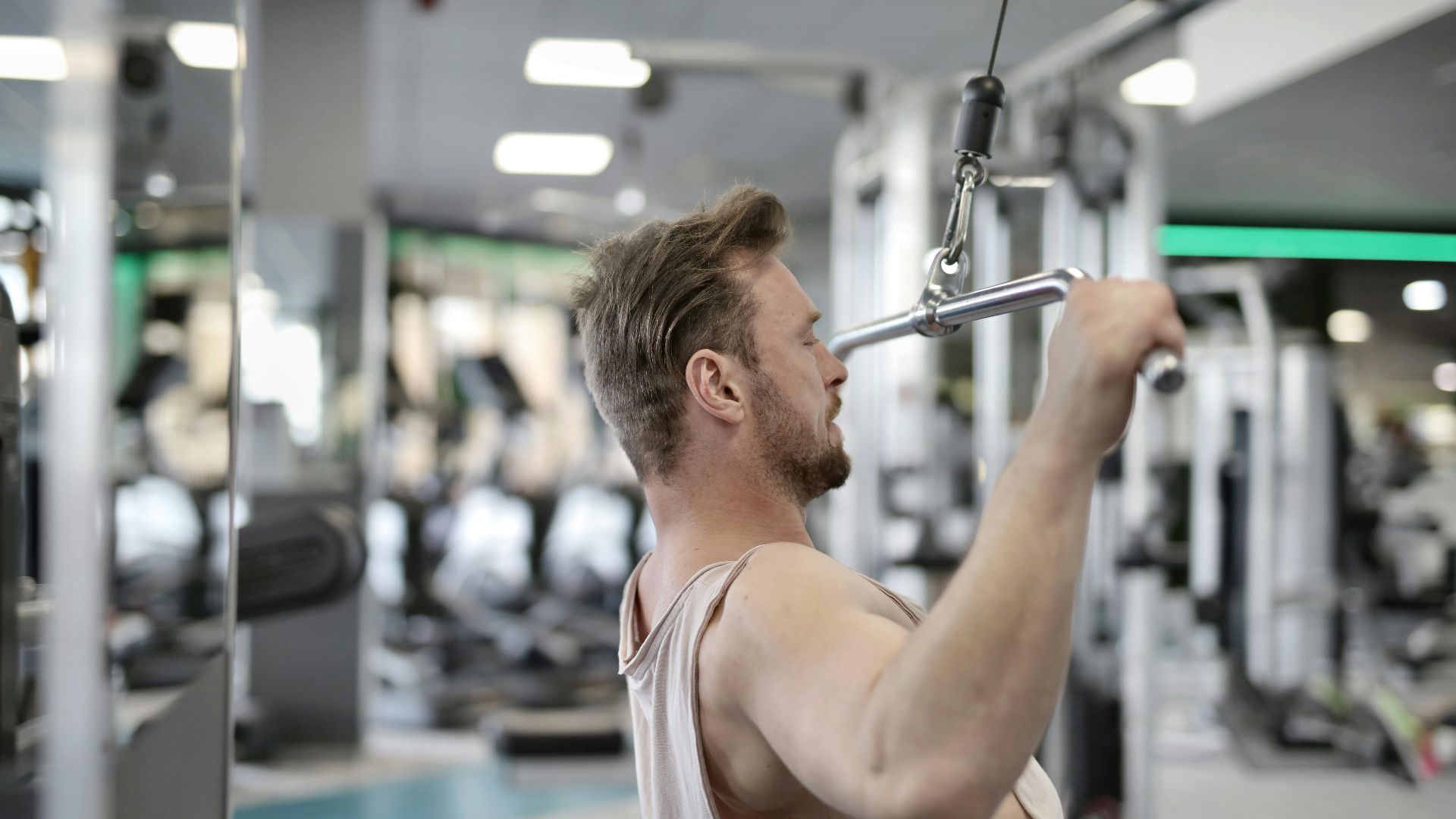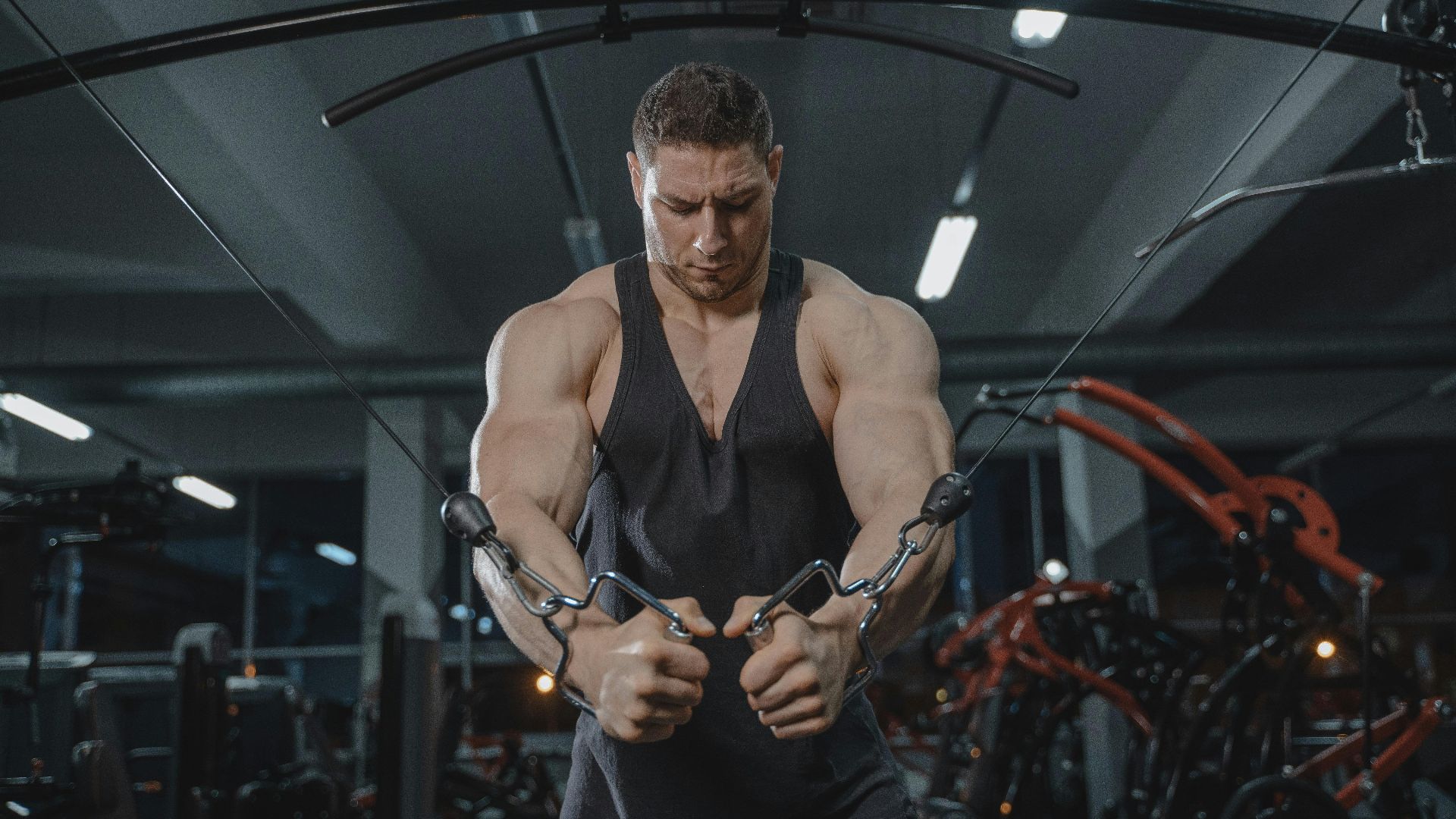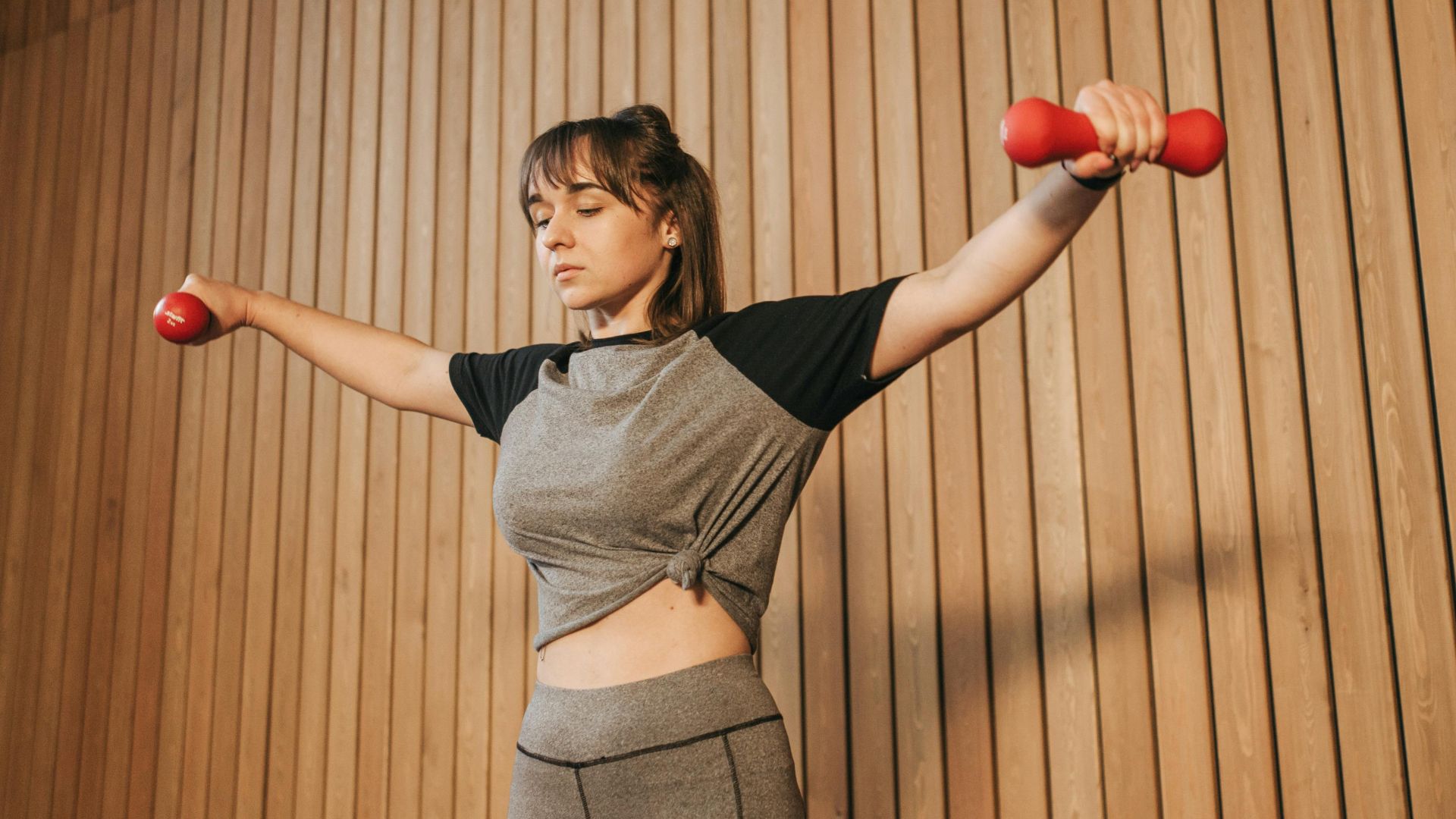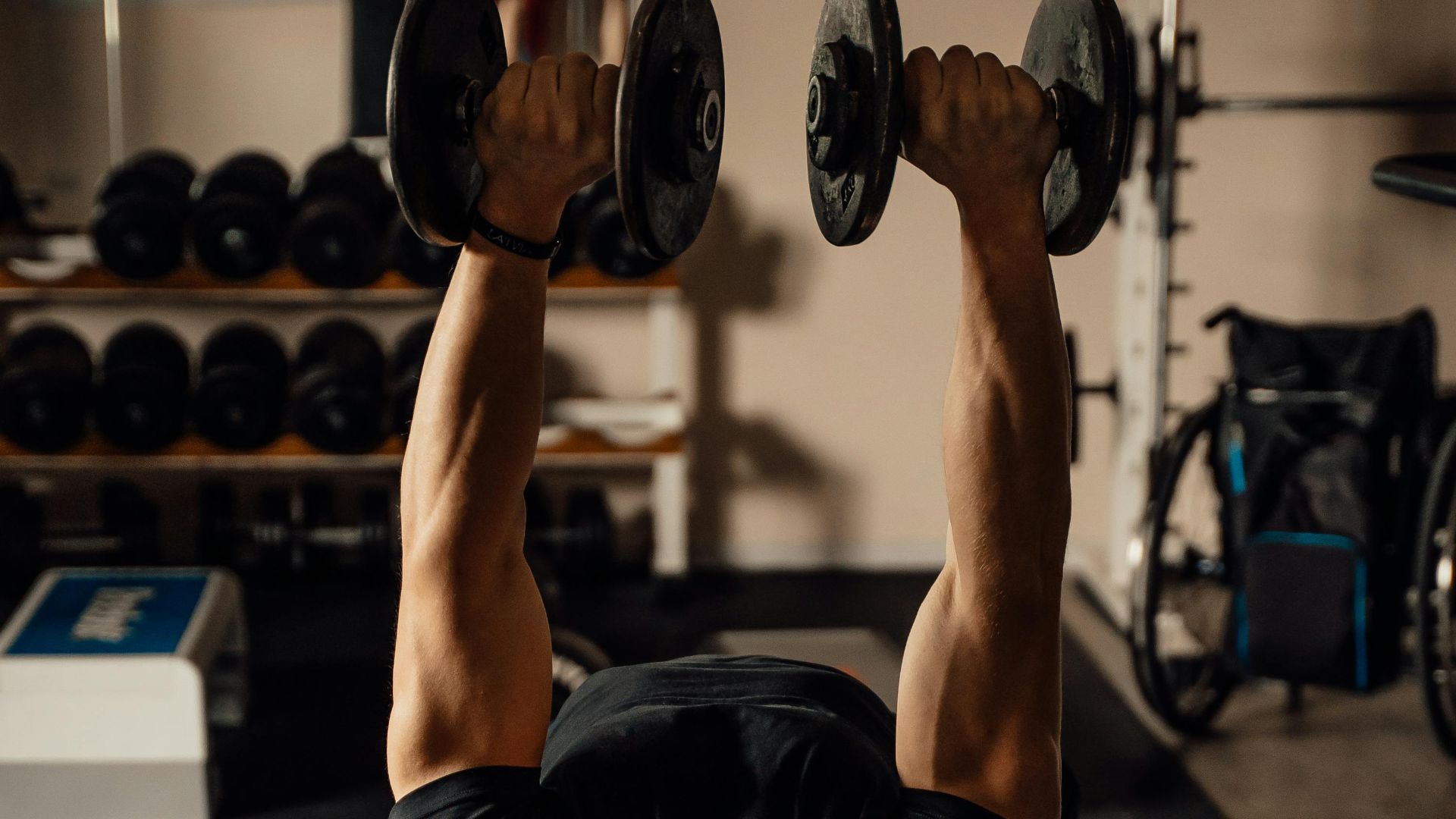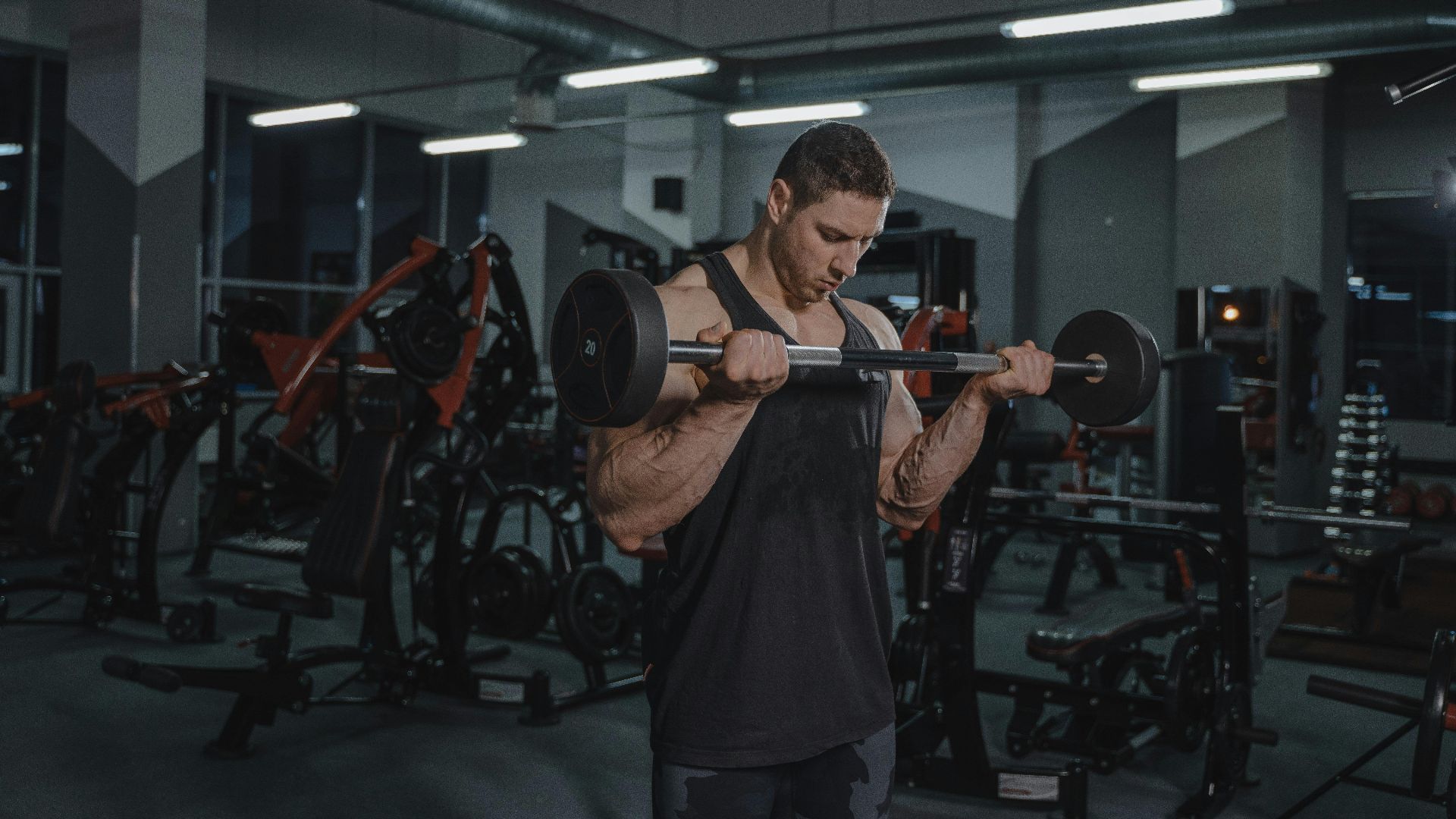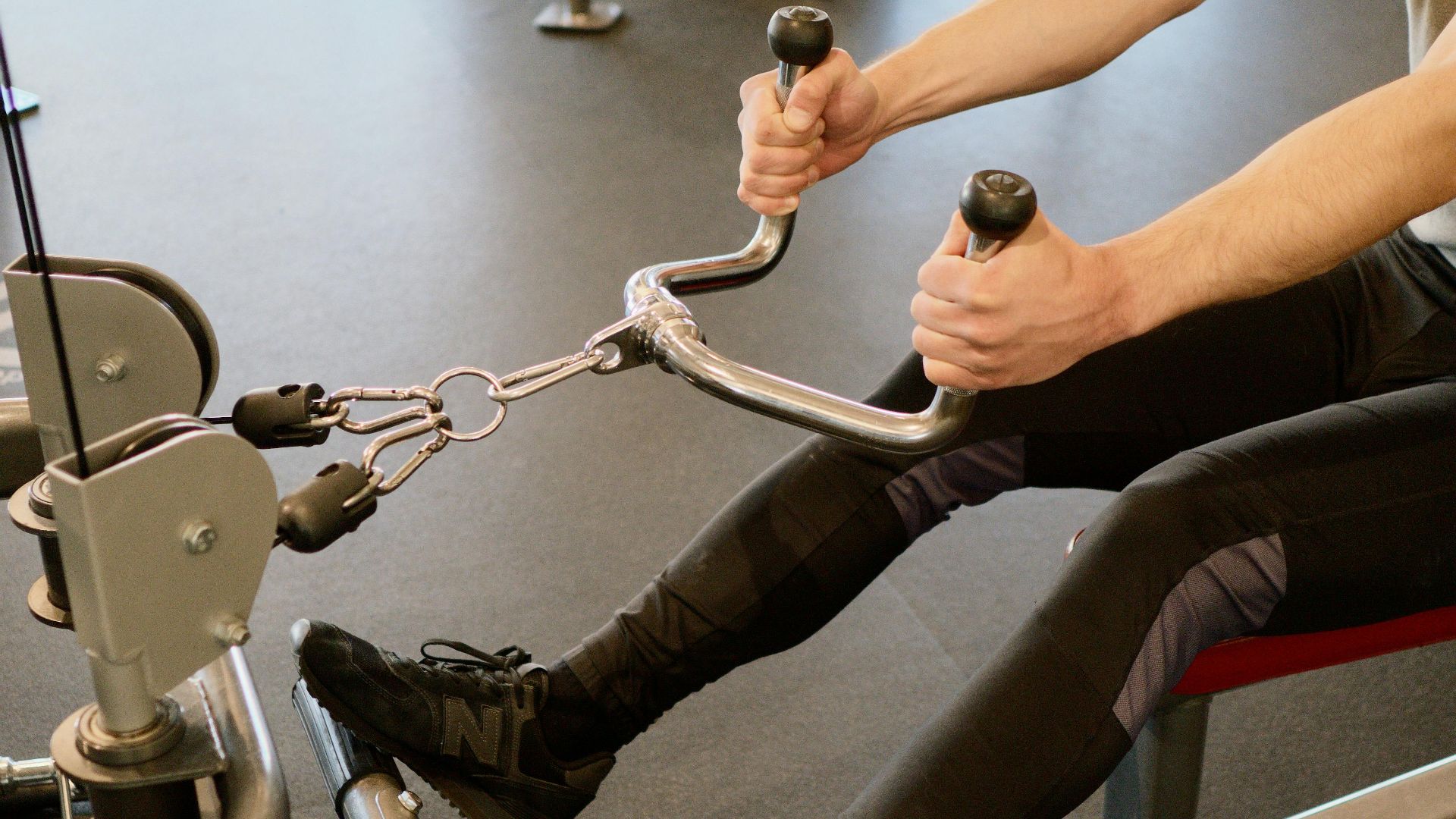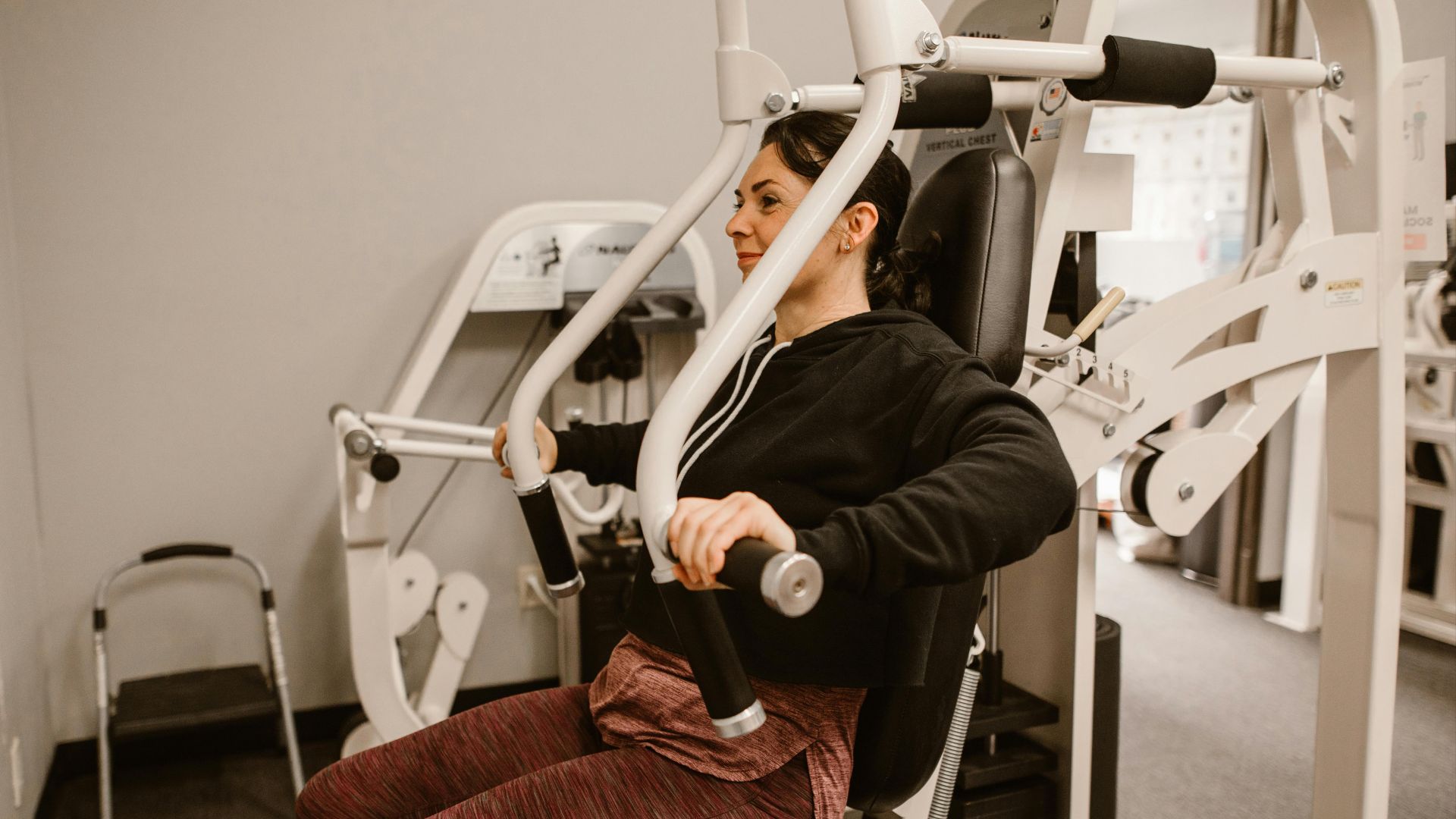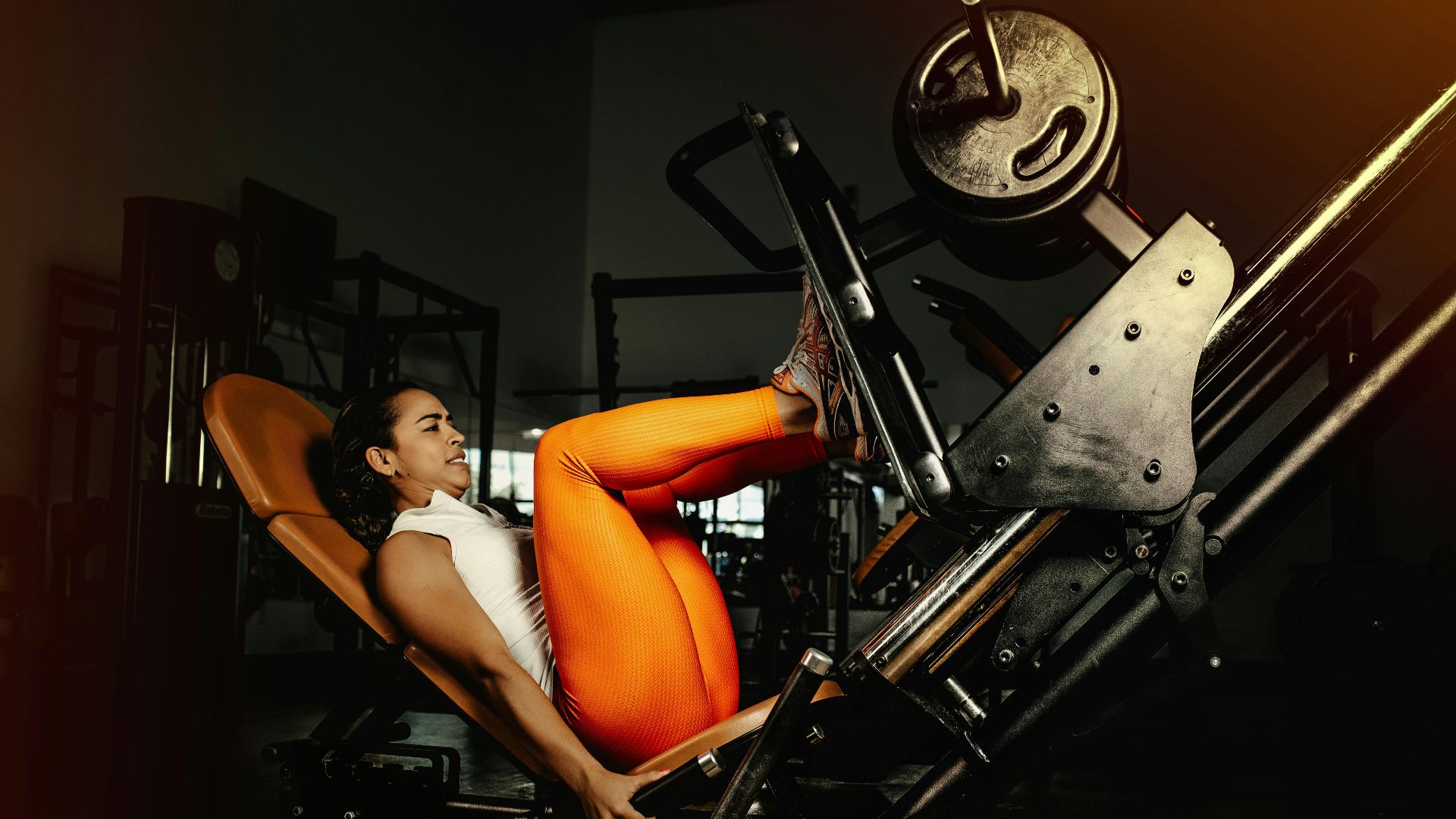The Stuff That Packs On Size
Gaining muscle takes more than a random mix of movements. And while anyone can build a routine, not every routine builds muscle as quickly and effectively as you might like. Some exercises stand out among others because they work. Through smart programming and real-world training, these 20 lifts are essential if growing muscle is your top priority.
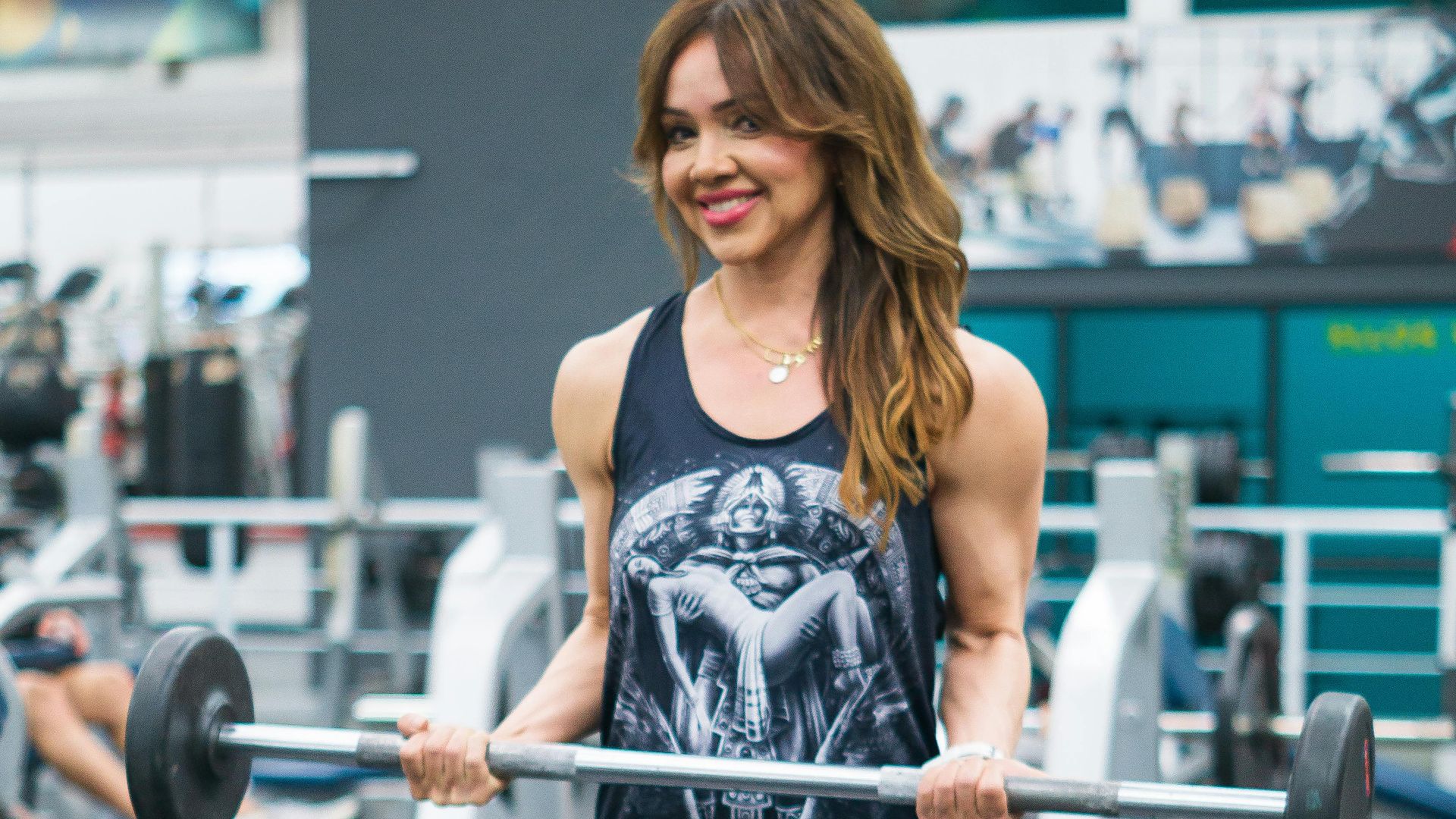 Instituto Alpha Fitness on Pexels
Instituto Alpha Fitness on Pexels
1. Barbell Back Squat
Quads and your lower back all demand more when you drop into a deep barbell squat. Load the bar heavy, brace your core, and break parallel. This one builds serious density. Don't just descend—control your eccentric phase to maximize tension and joint positioning.
2. Conventional Deadlift
Nothing screams power like ripping a loaded bar from the floor. With every rep, your entire posterior chain fires—from traps to calves. Use a hip-width stance and keep the bar close. Also, wedge in before the pull. Most miss gains by rushing the setup.
3. Barbell Bench Press
This lift punishes the chest, shoulders, and triceps. But don't just drop and bounce; control is everything. Instead of touching and pressing, think, “Pull the bar down, then explode.” Elbows at 45 degrees protect the joints. Small tweaks in form lead to big strength carryover.
4. Pull-Up (Weighted Or Bodyweight)
Ignore cable machines, as this vertical pull builds width like no other. Arch your upper back and lead with the chest as you drive elbows down. If bodyweight reps are easy, strap on plates. The stronger your pull-up, the broader your lats.
5. Standing Overhead Barbell Press
Overhead pressing from a standing position hits hard—your shoulders and core stabilize. Most sit to press; standing trains more muscle. Set the bar at collarbone height and press straight up. Breathe deep and brace—this lift crushes weak cores before weak delts.
6. Romanian Deadlift
Done properly, this hinge movement nails your hamstrings and glutes. Lower the bar to mid-shin, and keep your shins vertical. It’s not about depth but about tension. Stick with moderate loads and tempo work to hammer hypertrophy over brute strength.
7. Bent-Over Row
Here, you’re dragging weight with your elbows rather than your hands. Lean your torso slightly forward, keep your knees soft, brace your spine, and then row with intent. Keep the tempo strict. When executed right, this crushes your traps and lats in one go.
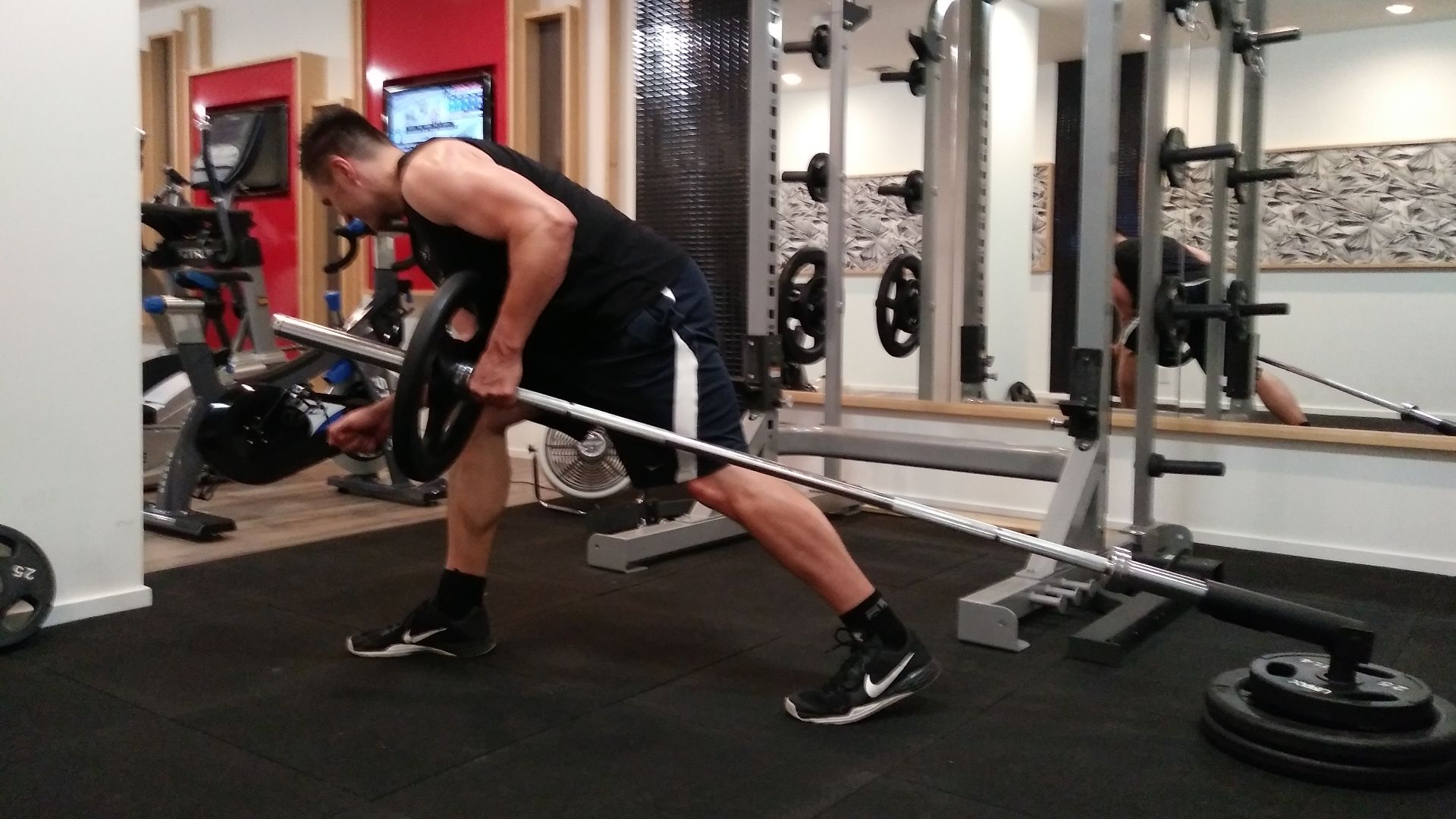 Eric Astrauskas, www.PTinTO.com on Wikimedia
Eric Astrauskas, www.PTinTO.com on Wikimedia
8. Incline Dumbbell Press
Hit the bench at 30–45° and target the upper chest fibers that lifters often neglect. Dumbbells force equal output and crush imbalances. Rotate slightly inward on the way up for a fuller contraction. Keep elbows just below 90°. Precision here beats sheer poundage.
9. Barbell Hip Thrust
Let your glutes do the heavy lifting. Thrust the bar by driving through your heels and locking out your hips with intent. Squeeze hard at the top and hold for a second. This move shines where squats fail: in max contraction. 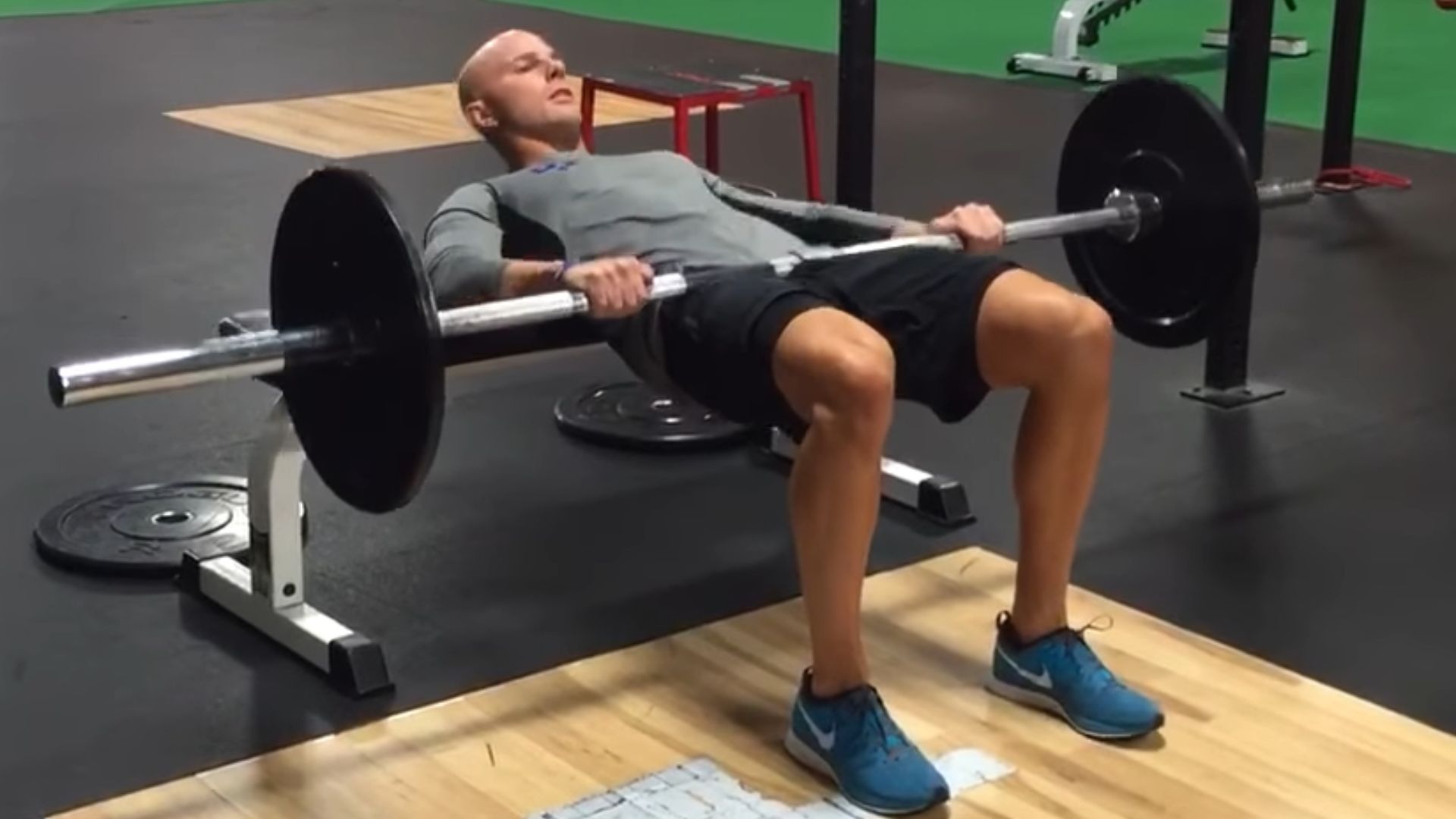 Barbell Hip Thrust by John Rusin
Barbell Hip Thrust by John Rusin
10. Bulgarian Split Squat (Dumbbells)
Drop your back knee straight down, not back. If one leg feels stronger than the other, this lift exposes and corrects it. To hit your glutes harder, lean your torso forward slightly. Grip the floor with your front foot. Stability earns range.
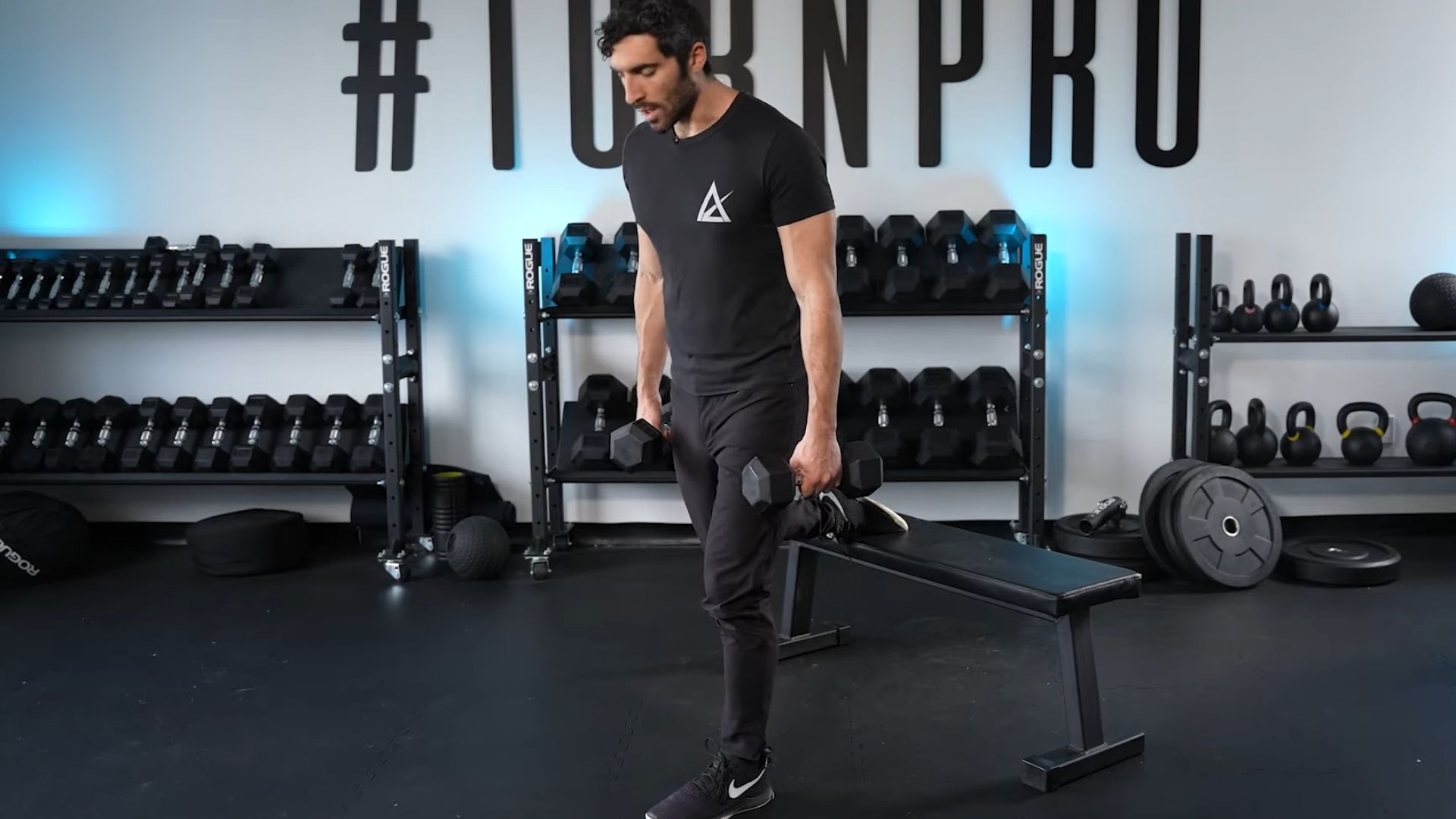 Bulgarian Split Squat with Dumbbells by The Active Life
Bulgarian Split Squat with Dumbbells by The Active Life
11. Chest Dips (Forward Lean)
You’re probably too upright if you’re feeling shoulder pressure mid-rep. Tilt forward and let your elbows flare. Think chest-first, not triceps. Weighted dips hit the lower pecs like a decline press on steroids. Maintain tension at the bottom, and don’t bounce.
12. Lat Pulldown
Start by locking your torso still. Then, drive elbows down as if tucking them into your back pockets. The bar should land at your sternum, not your collarbone. Swapping grip widths shifts the emphasis. Use a controlled tempo if your pull-ups suck late in the session.
13. Front Squat
The bar rests on your shoulders, not your neck—find the sweet spot. Elbows high, upper back tight, chest tall. This is a quad isolation tool in disguise. You'll fail faster but fatigue your legs more directly. That tradeoff builds definition, not just bulk.
14. T-Bar Row
Rowing is about direction. Pull toward your lower chest for the upper back; aim lower for lat engagement. Keep your chest proud and spine flat. Unlike barbell rows, you can pile on plates without losing form. Old-school lifters called this the “thickness move.”
15. Dumbbell Lateral Raise
Start each rep like you’re pouring water from a glass. That slight internal rotation cues lateral delt activation. Raise the bells just above shoulder height—no higher. Speed kills tension, so slow down. Lateral raises don’t need a big weight but need consistency and crisp form.
16. Skull Crushers (Lying Triceps Extension)
Lock your upper arms in place and lower the bar behind your head. This targets the long head of your triceps more directly. EZ bars reduce wrist strain. If your elbows flare too wide, you're leaking tension. For thick arms, prioritize this over cable pushdowns.
17. Barbell Curl
Strict form gets strict results. Standing tall with elbows pinned, drag the bar up with intent, not momentum. Full extension at the bottom ensures you don’t skip half the range. Forget fancy variations—this old-school staple still builds peaks worth noticing.
18. Seated Cable Row
Pull the handle to your navel. That simple cue shifts tension to your lats and rhomboids instead of traps. Keep your torso still and legs bent lightly. The seated cable row isn't about power but control. Treat it like lat surgery with a handle.
19. Machine Chest Press (Heavy Load)
This one's built for overload without worry. Sit tall, retract your scapulae, and keep your elbows under your wrists. Unlike free weights, machines let you push near failure safely. Stack it and slow it down. Then, grind the final reps with clean force.
20. Leg Press (45° Sled, Heavy Load)
Don't ego-load it—range of motion matters more than plate count. Place your feet lower for more quad work and higher for glutes. Never let your lower back round at the bottom. This movement complements squats.


